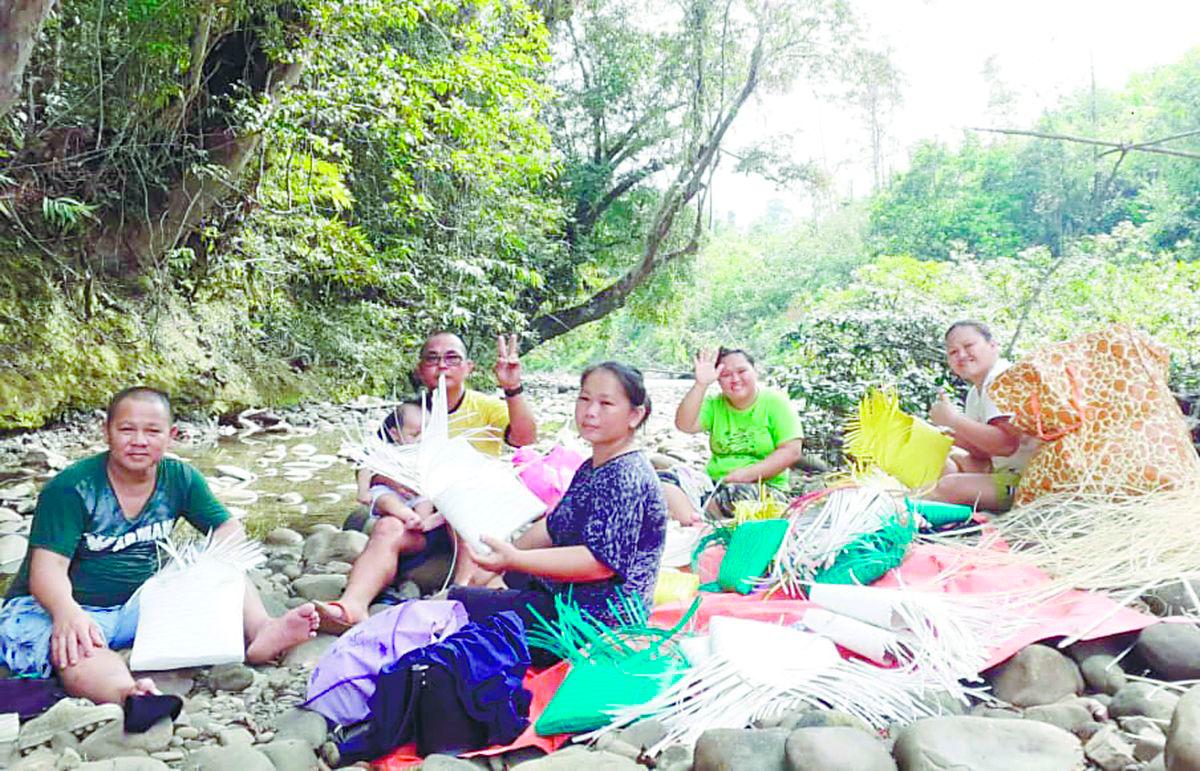PETALING JAYA: In the heart of rural Malaysia, a quiet revolution is taking root, led not by politicians or corporations, but by Penan women armed with tradition, resilience and rattan.
The Penan Women Project (PWP), co-founded by former graphic designer Ann Wong, began as a grassroots effort to support marginalised women through traditional weaving. Today, it has blossomed into a powerful movement for cultural preservation, gender equality and community-driven development.
“When we started, the aim was to improve their livelihoods, and access to education and healthcare. But just as importantly, we wanted to protect their cultural identity while helping them take on more active roles in their communities,” Wong told theSun.
Life in Penan villages remains tough. Infrastructure is limited, environmental changes are biting, and the cost of living continues to rise.
“Basic necessities are becoming harder to afford. Yet, the women remain the backbone of their communities – raising families, collecting food and now, driving change.”
Penan women, once confined to household roles, are stepping into new territory. They are artisans, entrepreneurs, mentors and even local leaders.
“One of our artisans who joined us a decade ago opened a sundry shop during the pandemic.
“She’s still running it five years on. Her story is one of many that reflect the strength and determination of these women.”
Education and tradition are no longer in conflict. In many households, children return from school and sit beside their mothers, learning the ancient craft of weaving by hand.
“This is what community resilience looks like. Everyone plays a part. By uplifting the voices of indigenous women, we create a more inclusive and sustainable future.”
Among those leading the charge is Wendy Lolle, 38, from Telang Usan. Raised on traditional knowledge, she began weaving as a child, learning from her mother how to gather and process rattan into mats, bags and household items.
“Through weaving, I’ve supported my children’s schooling and helped cover our daily needs,” Lolle said, adding that before PWP, Penan women were often disregarded.
“Now, people see us differently. We’re artisans. Some of us even run businesses.”
Lolle now leads efforts across multiple villages, guiding other women and linking remote communities to new opportunities.
“I used to be just a housewife while my husband farmed. But PWP changed that, not just for me, but for many others in our area.”
She hopes the public would realise there are still many Penan families deep in the interior who need support.
Another voice in this quiet uprising is Dora Paren, 44, from Long Kevok. Like Lolle, her introduction to weaving came early, learning from her mother, who supported the family using forest materials.
“I watched her every day and slowly, she taught me. Now, I’m still weaving, and my work sells far beyond the village,” Paren said, adding that every sale is a source of pride.
“When someone buys my work, it means they see and value my culture.”
Once confined to nearby towns, Paren now travels to cities to sell her crafts. The income may be modest, but the sense of achievement is priceless.
“I’m grateful. My efforts aren’t wasted.”
She has also noticed a shift in perception.
“People used to think we just stayed home and helped our husbands. Now, they see that we can earn, create and contribute.
“Don’t judge us on the outside. We have knowledge, skills and a way of life worth preserving. Let’s protect that heritage together.”









